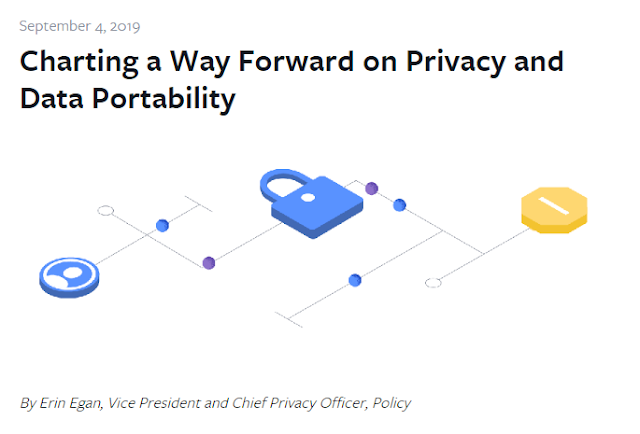Exploring the winding path from consent being requested to consent being given
The purpose of this post is to explore the topic of CONSENT, which I have been writing about for over 6 years. I have unpacked consent in many articles and have concluded that as we unpack each layer of consent, we find that it is not what you thought it was. CONSENT is a mix of technology, ethics, policy, law, requirements, economics, data, marketing and trust to name a few. There are three paths leading from consent being requested to consent being agreed by the user. Path 1 is that you use your design skills to manufacture the users consent, using colour, fonts, buttons, processes with the intent to gain consent without interfering with the real business purpose. Lowest possible barrier. Path 2 is where we depend on each team (marketing, sales, operations and tech) doing their own thing and determine their own methods to gain and confirm consent to satisfy their requirements. Confusion often becomes evident Path 3 is where the organisation designs consent to be aligned to its own ...



